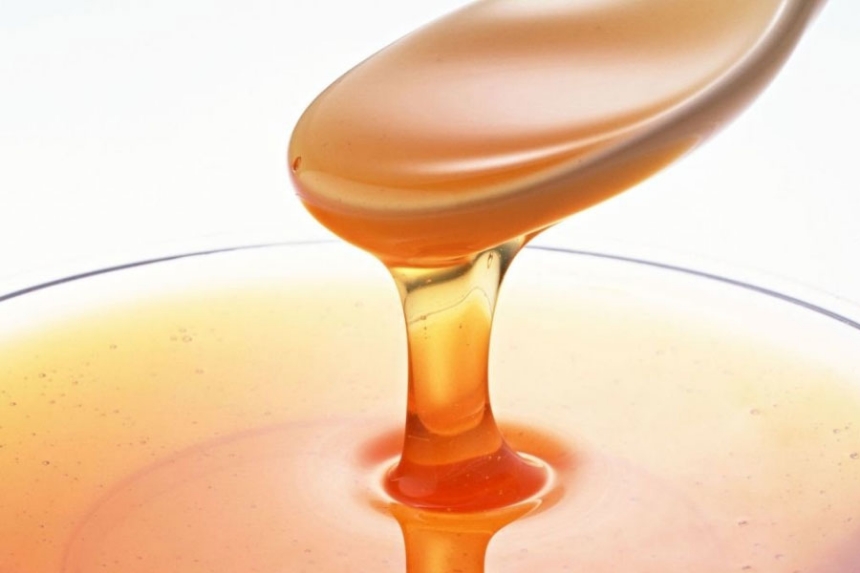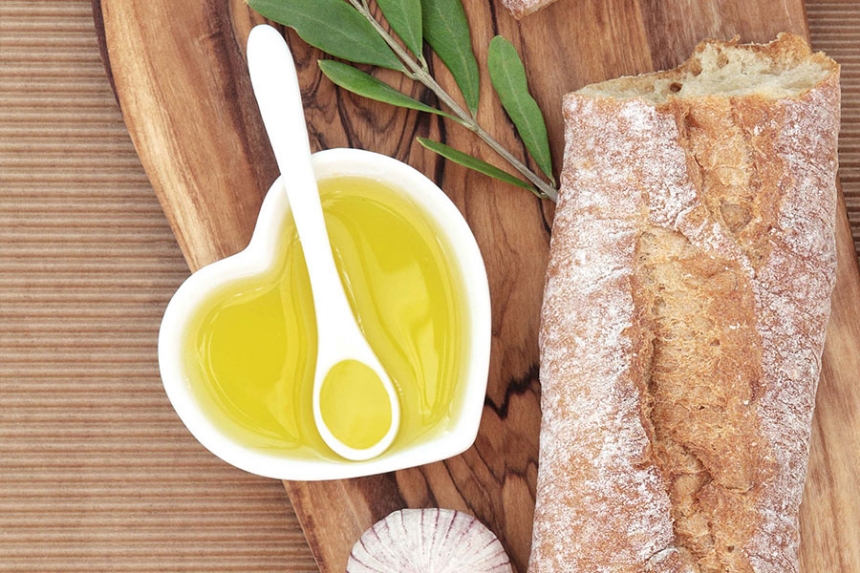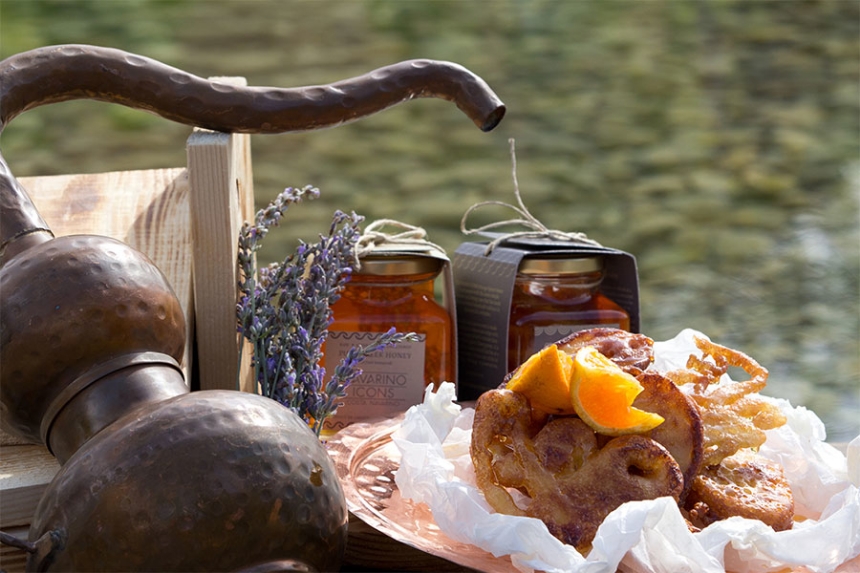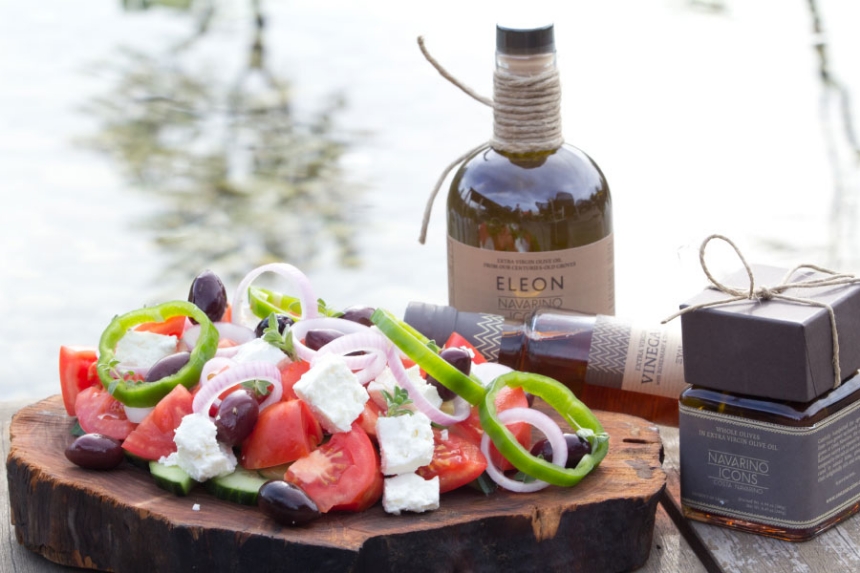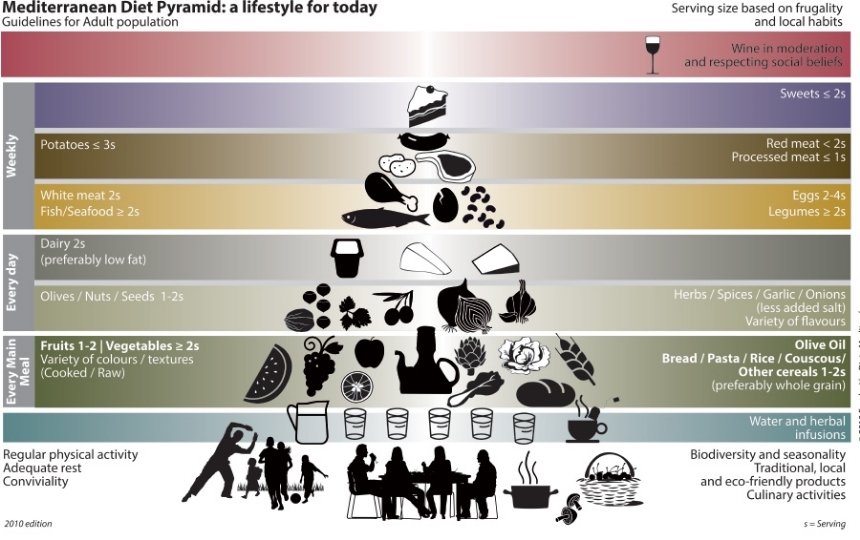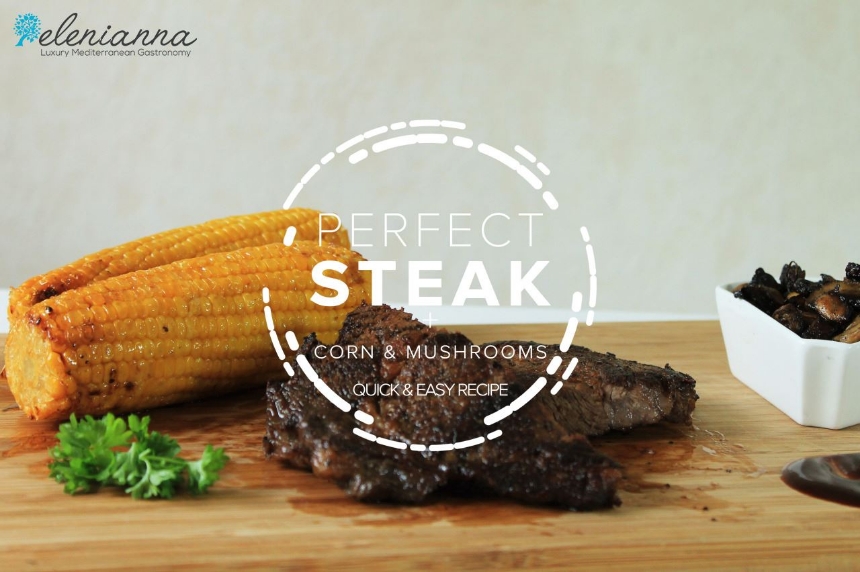- 2024
- 2023
- 2021
- 2020
- 2019
- 2018
- 2015
- 2014
- 2013
Blog
The new pyramid follows the previous pattern: at the base, foods that should sustain the diet, and at the upper levels, foods to be eaten in moderate amounts. Moreover, social and cultural elements characteristic of the Mediterranean way of life are incorporated in the graphic design. It is not just about prioritizing some food groups from others, but also paying attention to the way of selecting, cooking and eating. It also reflects the composition and number of servings of main meals.
If you are reading this, then you are looking to learn how to cook steak top so it’s tender, flavorful and delicious overall.
Phenols in extra virgin olive oil exert antioxidant and anti-inflammatory effects on the brain that scavenge pesticide induced free radicals that contribute to neurological disorders such as Alzheimer’s and Parkinson’s.
It is the start of the year again - the festive celebrations are over- and 2018 has officially begun. The year 2018 is your chance to forget about your troubles and start afresh.

Today we hear a lot about the Mediterranean diet. UNESCO, the cultural arm of the United Nations, has proclaimed the Mediterranean diet one of civilization’s great treasures. But which Mediterranean diet? There are sixteen countries that border the Mediterranean Sea. I’ve been to most of them for extended periods of time, and I can tell you that there is no single Mediterranean diet.
What is eaten in Spain is very different from that eaten in Italy, and what is consumed in Italy is distinct from the diet in Greece, not to mention the other 13 countries in the region. If you ask most Americans for their definition of the Mediterranean diet, the response is usually eating pasta (and pizza), drinking red wine, using a little olive oil, drinking espresso, and adding some parmesan cheese to their meals. But that American version doesn’t look anything like the real Mediterranean diet. If you eat that way—and think you’re cutting your risk of heart disease and helping your body shed fat—it’s time to rethink.
THE REAL MEDITERRANEAN MIRACLE
There is no definitive caloric composition that makes up “the Mediterranean diet.” The best that researchers can do is to estimate adherence to food groups they think should be in the Mediterranean diet. A good guess is that about 60% of the calories in the Mediterranean diet are consumed as carbohydrates, 15% as protein, and about 35% as fat, which would make the Mediterranean diet close in macronutrient composition to the current American diet.
Let me say that again: When it comes to carbs, protein, and fat, the Mediterranean diet is almost identical to what the average American eats.
So why is it seemingly so much healthier? One word: polyphenols. The distinguishing feature of the diets in virtually every region that borders the Mediterranean Sea is not pasta but vegetables and fruits. We finally have enough scientific sophistication to realize that it’s the high levels of polyphenols—micronutrients that act as powerful anti-inflammatory agents—that make the Mediterranean diet unique. If you look at the Mediterranean food groups carefully, they usually fall into two broad categories: those rich in polyphenols (fruits, vegetables, wine) eaten in large quantities and those, such as red meat, chicken, and eggs, that are not great sources of polyphenols—and are eaten less frequently.
Furthermore, it is implicit that the fat in the Mediterranean diet is generally rich in monounsaturated fats (from olive oil and nuts), moderate in omega-3 fats (coming from fish), and low in omega-6 and saturated fats (from corn oil and red meat). Foods rich in polyphenols, monounsaturated fats, and omega-3 fatty acids and low in omega-6 and saturated fats may well explain why, despite having a similar ratio of carbohydrates, protein, and fat to the current American diet, the Mediterranean diet is so much more effective at preventing disease and promoting longevity.
source:http://www.mensfitness.com/

